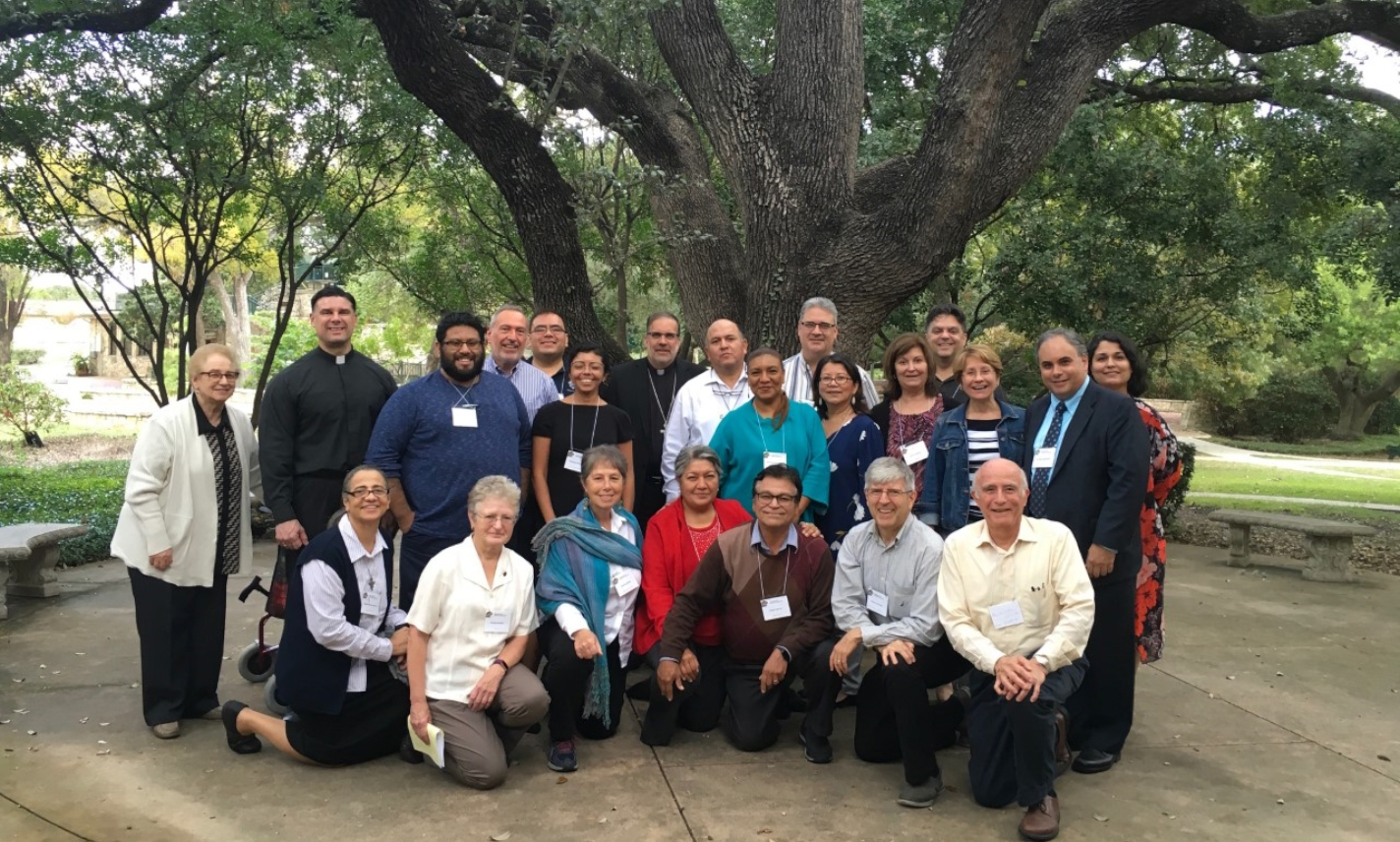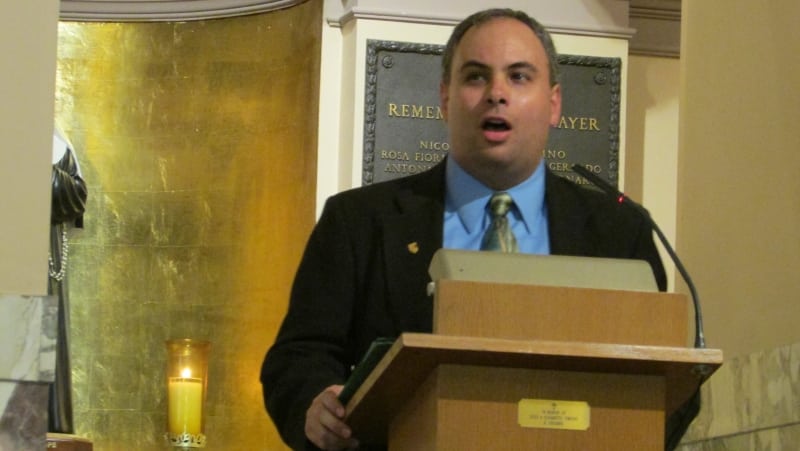View the 1986 U.S. Bishops’ pastoral letter Economic Justice for All
Our readings for today highlight the Old Testament call to a biblical year of jubilee justice on every 50th year and the New Testament prophet of jubilee, John the Baptist, who gave his life proclaiming that call for justice.
What was the biblical jubilee year? It was the call in the Jewish law that said every 50th year, a general pardoning of financial and other debts would occur. Those who owed money to lenders, or the poor who had to indenture themselves or their land to those lenders would be given the opportunity to be freed from that debt and take possession of their land for themselves.
It was a defense against subjecting people to abject poverty across generations; a once-in-a-lifetime opportunity for people and families to start fresh. It was a practice rooted in preserving the common well being of the covenant community of the Jewish people.
It was also clear from our first reading that one should always deal fairly in these transactions and not exploit those who have little or nothing – it is what God expects of us.
The Gospel from Matthew shares with us the final act of witness of John the Baptist, a man who lived his life with little or nothing and who hear the message of jubilee stirred by God in his own heart and who boldly proclaimed it, not just to the people who came to see him preach in the desert, but to kings and rulers.
King Herod, while Jewish, was no friend to the Jewish people. He was given the throne by the occupying Roman Empire and imposed their policies of exploitation on them – the very opposite of biblical jubilee justice. Even though he built the glorious Second Temple in Jerusalem – he also made sure that everyone knew he had built it. It was more about recognition of him than it was about worship of God. He might as well have put his name on it – much like rich real estate investors do today! He also routinely disobeyed the law of his faith, including marrying the wife of his brother, Phillip, while Philiip was still alive – something the Torah did not allow.
It is thus not surprising that Herod was confronted by the divine truth from the lips of John the Baptist. And whether it was through the manipulation of Herodias or not, he is the one who ordered John first arrested and then executed.
When we hear these readings we are forced to ask ourselves and to ask of our society how well we live the call to care for the common good of all and to not exploit those who are poor.
Are we more like John the Baptist, like Jesus, or are we more like Herod?
The answer, sadly, is that we neglect this call of God in many of our social and economic policies. What might our nation and our world look like if we instead strove to honor this biblical jubilee and the call of justice which lies behind it, not just every 50 years, but each and every day. I think our world would be quite different!
Our Catholic social teaching provides a wonderful consideration of how we can do better – the U.S. Bishops 1986 pastoral letter Economic Justice for All is one example.
Visit the USCCB website at the link above and take some time in prayerful study of that or one of the other documents on economic justice found there. Consider starting a study group in your parish to discuss them. If we all do that, we’ll be taking a step towards the jubilee justice that God calls us to live.
God give you peace!


 Request Dr. DelMonico's professional services for a liturgical, ministerial or leadership consultation, or for an academic or public presentation.
Request Dr. DelMonico's professional services for a liturgical, ministerial or leadership consultation, or for an academic or public presentation.